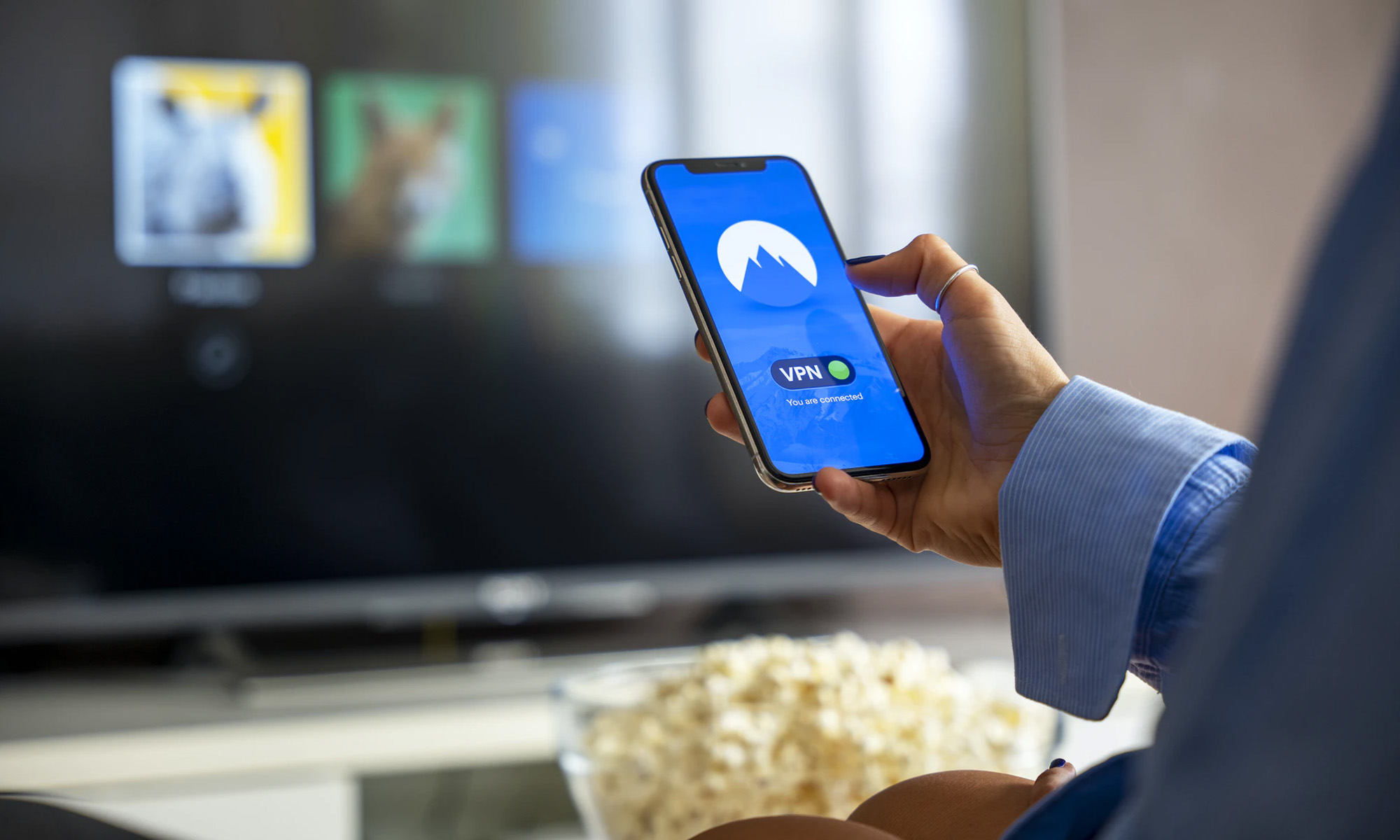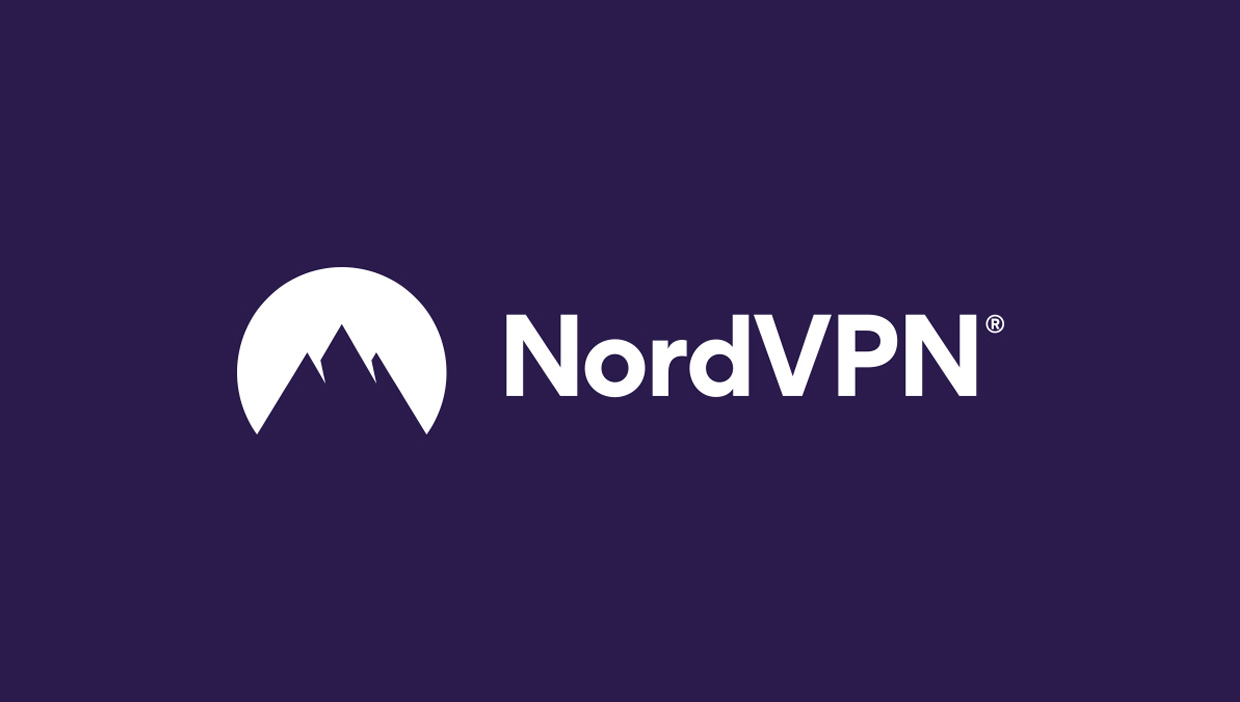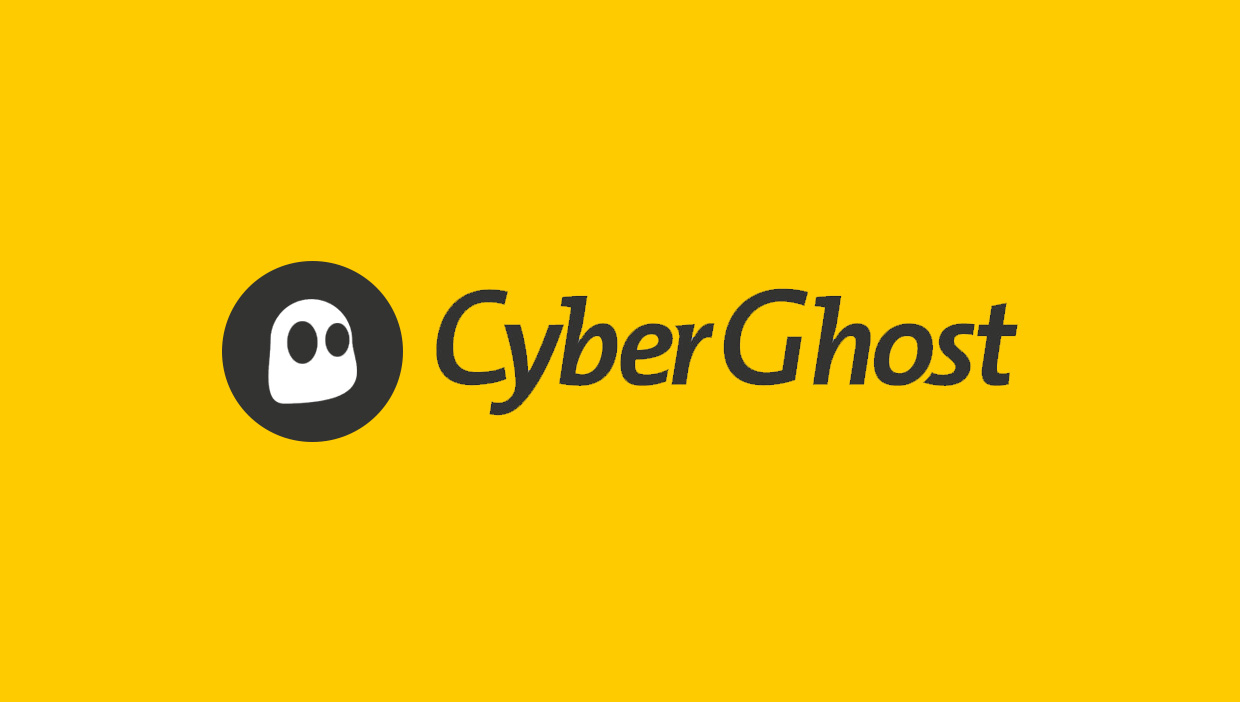Security
The Top 3 VPN Services For Android (2024 Edition)
When it comes to subscription based VPN services, there are a few things to look out for when selecting a quality provider. This guide helps you choose the best option for your specific needs.

If you’re anything like us, you probably spend a great deal of your time glued to your smartphone or tablet. And with every activity on those devices involving an internet connection, it’s vital that our apps and data are secured from hackers and malicious snooping. In this article, we’re going to give you a brief overview of why you need to protect your online activity with a VPN, and then review three of our favorite VPN services for Android.
So What Exactly Is A VPN?
VPN is the acronym for “Virtual Private Network”. When a VPN is installed on your Android device, instead of connecting to the internet directly, the phone or tablet will first connect to the VPN’s server, which will then connect to the wider internet.
In effect, the VPN acts as a go-between for connecting to the web, creating an encrypted “tunnel” that prevents third parties from snooping on your data. When connected to a VPN, you’ll be able to do all of the normal things you might want to do on the internet, using an external IP address through a server that masks your real location.
Why Use A VPN On Your Android Device?
When you’re out and about in public, you almost certainly use your phone or tablet to connect to free WiFi networks. These public hotspots can be targeted by hackers and fraudsters, who can intercept your data and in some cases, steal confidential information. If you regularly check your banking apps, log in to social media accounts or send emails whilst on a public network, you have a very real risk of having your data intercepted and stolen.
Also Read: Is Your Phone Hacked? How To Find Out & Protect Yourself
With a VPN in place, your data and browsing activity are kept safe, because everything that you send or receive on your device is funneled through an encrypted connection to the VPN’s server.
In addition to WiFi security, a VPN hides your location, IP address and browsing history. That means that your phone carrier or internet service provider are unable to view and log your entire browsing history. It also means that you can spoof being in a different country, giving you access to region specific content on Netflix and other services that isn’t available in your part of the world.
Are VPNs Difficult To Use?
Absolutely not! Most VPNs these days are extremely simple to use. Once you’ve paid for an account, all you’ll need to do is download the accompanying Android app and enter your login details.
There’s little or no technical steps required to get up and running. You’ll simply have to decide upon a server location and whether you want to have the VPN running all the time. After that, your device will work as normal and you shouldn’t even notice that the VPN is there.
How To Choose An Android VPN
These days, there’s a huge selection of VPN providers to choose from. You can test out a free VPN service if simply want to understand how the technology works, but we’d suggest opting for a better quality paid offering, as you’ll almost certainly get faster speeds, and you won’t have to put up with annoying adverts or data limits.
When it comes to subscription based VPN services, there are a few things to look out for when selecting a quality provider:
- Check that the speeds and response time are good.
- Make sure the service doesn’t limit data.
- Check the data logging policy.
- Find out what encryption the company uses.
- Make sure there are plenty of server locations to choose from.
- If you’re concerned about privacy, research where the company is based.
- Look for additional features like adblocking and multi-hop services.
The Five, Nine & 14 Eyes
“The Five Eyes alliance is an intelligence-sharing arrangement between five English-speaking democracies: the USA, UK, Canada, Australia and New Zealand. It evolved during the Cold War” – BBC News
The arrangement later added Denmark, France, the Netherlands and Norway, becoming The Nine Eyes, and eventually Belgium, Germany, Italy, Spain and Sweden to create The 14 Eyes. These countries are known to actively gather information about their citizens and share it with each other when needed, effectively spying on their citizens. If you’re concerned about your online privacy, you should choose a VPN that’s based outside of these jurisdictions.
If that all sounds a little complicated, you’re in luck: We’ve tested a variety of VPN services for Android over the years, and we think we’ve narrowed it down to three subscription based services that each provide fantastic value for money:
ExpressVPN: The Best All Round Android VPN

Decent pricing, a large selection of servers around the world and a base in the British Virgin Islands make this popular VPN service a solid all-round choice. ExpressVPN logs a very minimal amount of data, and doesn’t collect any of your browsing history at all. In addition, the service works well with video streaming sites and even rotates your IP address to deter hackers and tracking.
Why We Like ExpressVPN:
- 148 locations and a massive 2,000 servers.
- Registered in the British Virgin Islands.
- Variable IP addresses.
- Works well with Netflix.
Things That Aren’t So Great:
- Only five devices can use the account at the same time.
- Customer support isn’t always easy to access.
- Can be slow if you’re a Mac user.
- Good value, but not the cheapest option.
Pricing Options
ExpressVPN offers an introductory deal priced at $99.95 for the first 15 months of use, then the same price every 12 months after that. It’s also possible to buy a single month for $12.95 and 6 months for $59.95. There’s a 30 day money back guarantee if you decide that the service isn’t right for you.
NordVPN: The Best Android VPN For The Privacy Conscious

Nord VPN is a very popular service offering a wide range of speedy servers in multiple countries, and is based in Panama, meaning the company has no obligation to hand over your data to your government’s intelligence agency. With that being said, Nord doesn’t actually log your data at all, so there wouldn’t be much to hand over anyway!
Nord allows P2P sharing, works well with video streaming services, and even offered a multi-hop, double encrypted tunnel for extra peace of mind.
Why We Like NordVPN:
- A really stable and mature Android app.
- Great security.
- Strong encryption.
- P2P allowed.
- Great value.
Things That Aren’t So Great:
- Static IP addresses only.
- Occasional iOS app connectivity issues.
- Throws up more Google ReCapcha requests than others.
Pricing Options
Nord VPN offers tiered pricing just like many other VPN services for Android. There’s a month-to-month option for $11.95, a $6.99 per month option if you pay for a year up front, a $4.99 per month option if you pay for 2 years at once, and a $3.49 option if you’re prepared to shell out $125.64 for a three year plan.
CyberGhost: The Best Android VPN For Casual Users

CyberGhost is a great option for casual VPN users who are looking for a low-cost service for watching the occasional Netflix show in a different county, or browsing the internet in a café or airport.
CyberGhost has top notch security credentials with AES-256 encryption, an automatic kill switch that blocks the internet if connection to the VPN is lost, and really affordable pricing.
What We Like:
- Great value.
- Solid security and privacy.
- Large list of servers.
- Awesome customer support.
Things That Aren’t So Great:
- Static IP addresses.
- No multi-hop or split-tunneling.
- More logging than other services.
- Can be slow when used on desktop PCs.
Pricing Options
CyberGhost has 4 pricing tiers available: If you buy 3 years of service up front, the VPN works out at just $2.25 per month. This makes CyberGhost one of the cheapest VPN services for Android around. There’s also a 2 year, 1 year and monthly subscription, coming in at $83.76, $47.88 and $12.99 respectively.
A Paid VPN Service is Money Well Spent
With more and more of us connected to the internet 24/7, it’s becoming increasingly prudent to ensure that your cybersecurity is taken care of. Using one of the better VPN services for Android is a highly effective way to keep your online activities private and your data out of the hands off snoopers and thieves. Sign up to one of suggested services today, and stay safe out there!
Privacy
Big Tech Knows Too Much. More Regulation Is The Answer
Despite claiming otherwise, Big Tech still shares your data with third parties, and the only thing that can stop them is stricter regulations.

It’s 2023, and pretty much everyone has access to the internet. As we’ve become more reliant on the internet and other smart devices, we’ve also grown increasingly accustomed to companies collecting our data in the background. It’s also not uncommon to hear of cases where customer data is being misused. This begs the question, what is Big Tech doing with so much data?
The answer, we’re afraid, is complicated.
Carefully Curated Experiences
You’re probably familiar with the concept of creating a “personalized experience”. You might also be aware that providing a user with a personalized experience involves knowing what their interests are (what they appreciate or dislike), and the best way to find out a user’s interests is, you guessed it, to check their online activity.
Collecting user data to personalize services is ubiquitous on the internet. It’s seen on social media platforms, video sharing sites like YouTube, and even e-commerce platforms like Amazon. These services use your browsing data to recommend content that it thinks you might appreciate, and admittedly, this approach works pretty well. Let’s be honest, no one wants to be bombarded with irrelevant content. People appreciate familiarity, and getting content that they can relate to makes for a far more enjoyable user experience. Plus, it’s these personalized content recommendations that make social media platforms like TikTok so addictive — and profitable.
This form of data collection isn’t such a big deal, so long as these corporations are transparent about what data they’re using and why. However, Big Tech is anything but transparent, and it’s at this point where things can get sketchy.
Rage Against The Ad Machine
We’ve all been there. One moment, you’re looking up gaming laptops on Google, and the next, you’re bombarded with advertisements for gaming laptops on your social feed or during a completely unrelated browsing session. Unsettling? Yes. But how does this work?
The sites or apps that supposedly collect user data to “enhance user experience” also sometimes sell this data to advertisers or other third-party trackers.
Let’s look at Google as an example of how the wider ad machine works. When it comes to the quantity of data being handled, few companies can compare. With a seemingly endless stream of data at its disposal, with sources ranging from Chrome, to Maps, and even Bard, it’s no mystery why. Combine endless amounts of data with the single largest advertising platform, and you get the perfect money-making ad machine.
Real-Time Bidding: A Game Of Half-Truths
Google claims, in no uncertain terms, that it does not sell your personal data. So case closed, right? If only it were that simple.
Technically, Google isn’t lying. If you go by the strictest definition of a sale, where a commodity is exchanged for money, then no, Google is not a data broker and it doesn’t sell your data. However, Google monetizes your data in other ways, which does involve sharing your data with third parties. One such method is real-time bidding (RTB).
So How Does RTB Work?
RTB is a form of programmatic advertising where ad spaces are automatically auctioned off to the highest bidder on a per-impression basis.
Without getting into too much detail, when a user begins a session on a particular page, their data (including location and browsing history) is collected and broadcasted by supply-side platforms (SSPs) to a group of demand-side platforms (DSPs), which automatically place bids for ad space on that specific session. The winning bid is then displayed to the user. User data is shared here to ensure that only relevant advertisements will be shown to the user during that session. This entire process is automated and takes only milliseconds.
Admittedly, RTB is incredibly efficient as an advertising tool. But it’s unfortunately a questionable practice due to the privacy implications, with some experts claiming that RTB practices violate GDPR principles.
The issue with RTB is that it also involves sharing highly specific data, so while RTB platforms aren’t directly sharing personal data, they most certainly are indirectly sharing data that is detailed and specific enough to tie to a particular user. Furthermore, it’s not just the highest bidder that gets to view this data — everyone who participates in the auctions can. These exchanges have no control over how the broadcasted data is used once the auction is complete. When you put everything together, you’re looking at an ugly combination of potential security risks. What makes things worse is that advertising platforms running RTB auctions are not transparent about what kind of data is being broadcasted.
Coming back to Google, the company can rightly claim that your data isn’t what’s being sold, rather, it’s the ad space within your browser. But, as we’ve already seen, RTBs involve the transfer of personal data. Please note that Google isn’t the only offender in this space. RTB is a common online advertising practice followed throughout the internet, and it’s important to be aware how Big Tech companies use vague language and loopholes to get away with sharing your data while claiming otherwise — directly or not.
Big Tech Is Watching You
Let’s reiterate this: We’re perfectly fine with tech companies using our data to provide us with an improved experience while we choose to use their services, provided they’re transparent about what data they’re collecting and how it’s being used. What isn’t okay is Big Tech getting away with misusing our data using vague jargon and legal loopholes. We can be grateful for data protection regulations like Europe’s GDPR, as well as California’s CCPA and CPRA, and other countries that have followed suit. It’s time for even stricter regulation to crack down on Big Tech’s exploitative business models.
-

 News4 weeks ago
News4 weeks agoAmazon Prime Day 2024: Get Ready For 6 Days Of Amazing Deals
-

 News4 weeks ago
News4 weeks agoSamsung Unpacked 2024: What To Expect From The July 10 Event
-

 News3 weeks ago
News3 weeks agoCoursera Report Shows Surge In UAE Interest In AI Upskilling
-

 News4 weeks ago
News4 weeks agoMeet Dubai’s Groundbreaking Smart Robot Delivery Assistant
















